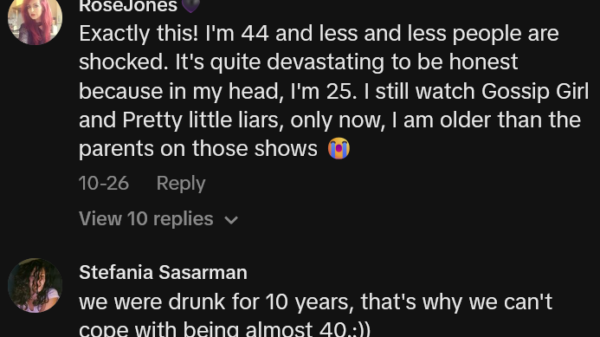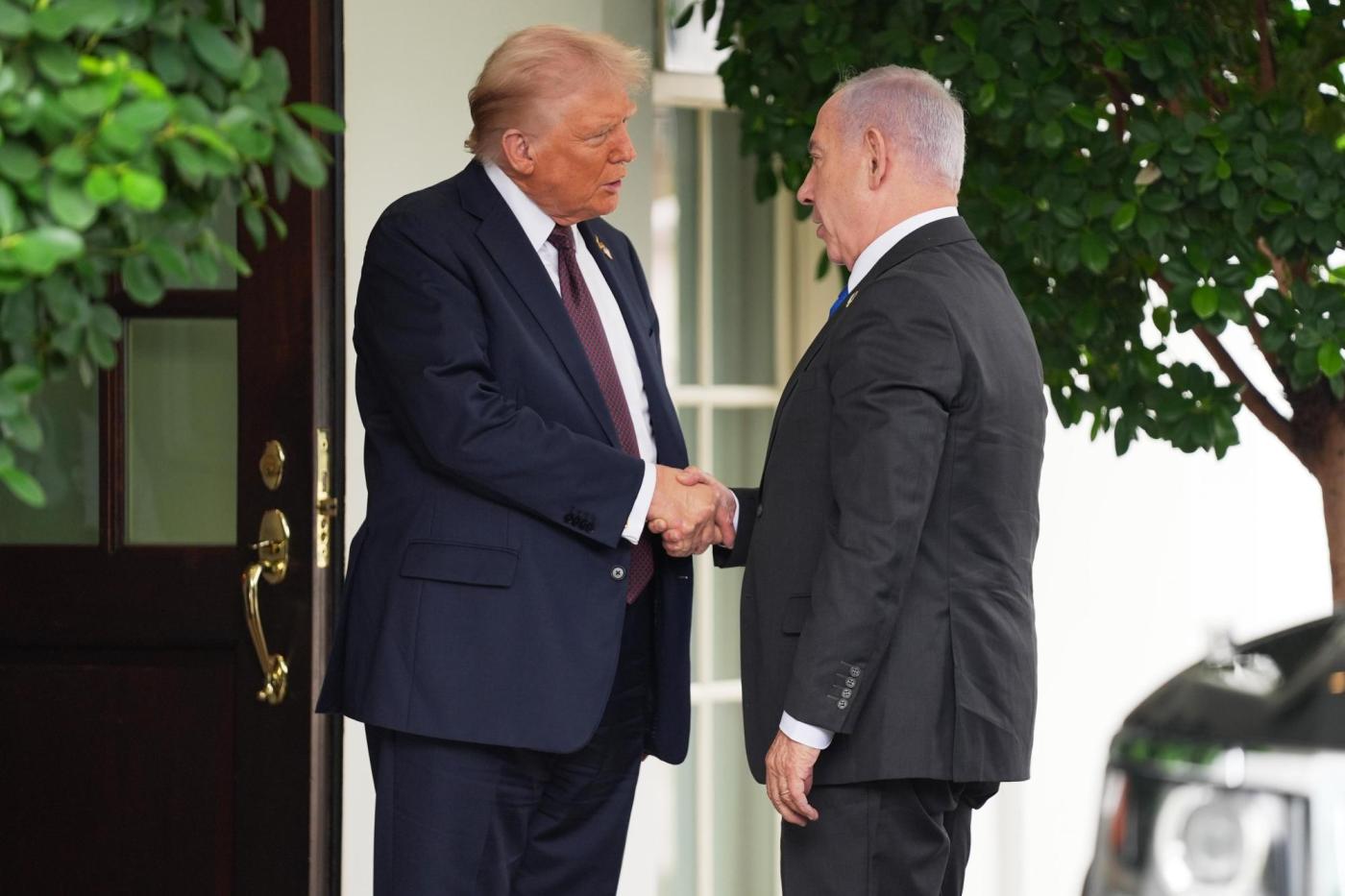On October 6, significant developments emerged in the ongoing conflict in Gaza, as Hamas expressed tentative agreement to a peace proposal put forth by President Donald Trump and Prime Minister Benjamin Netanyahu. However, the response included enough ambiguities regarding critical issues to raise concerns for Netanyahu, who remarked that there was “nothing to celebrate” about the proposal.
Peace Negotiations and Political Implications
The proposal’s acceptance by Hamas comes with conditions, particularly concerning the timeline for releasing hostages. Their insistence on needing time to locate the remains of deceased hostages complicates Netanyahu’s demands for an expedited process. Furthermore, Hamas is seeking the release of high-profile Palestinian prisoners in exchange for their cooperation.
Netanyahu’s reluctance to embrace the proposal highlights his precarious political situation. As Eran Etzion, a former senior Israeli national security official, noted, Netanyahu faces pressure from international stakeholders who may view a peace deal as a positive outcome. Yet, he is concerned that formalizing an agreement with Hamas might alienate hardliners within his coalition, threatening his already fragile premiership.
Despite these challenges, delegates from Israel and Hamas are set to meet in Egypt today to finalize negotiations. Analysts caution that this phase may prove difficult given longstanding disagreements, particularly around the issue of disarmament. Some observers suggest that recent Israeli military actions against Hamas leaders may have inadvertently catalyzed regional support for peace negotiations, intensifying calls for a resolution.
Global Developments Beyond Gaza
In other news, Takaichi Sanae has emerged as a leading candidate for the next prime minister of Japan after winning the leadership of the Liberal Democratic Party (LDP). While her party currently lacks a majority, analysts predict that she will likely secure the necessary support to assume office. Her proposed policies are expected to boost government spending and maintain loose monetary policies, which positively impacted the Nikkei 225 stock index, pushing it to an all-time high.
In France, President Emmanuel Macron faced further political turmoil as his seventh prime minister, Sébastien Lecornu, resigned shortly after naming his cabinet. Lecornu cited frustrations with political egos and opposition resistance, leaving Macron to consider his next steps amidst calls for potential new elections, which could threaten his centrist bloc’s standing in parliament.
The political landscape in Czechia shifted as billionaire businessman Andrej Babis won the recent legislative election, though his populist ANO party fell short of a majority. Babis is expected to seek coalition support from right-leaning parties, while centrist and left-leaning factions have already indicated their unwillingness to collaborate.
Meanwhile, in Syria, parliamentary elections are underway, with the government counting votes for two-thirds of the People’s Assembly seats. This follows a controversial electoral system that allows the interim president, Ahmed Al Sharaa, to appoint the remaining seats directly.
In Venezuela, U.S. military actions against alleged drug trafficking boats have intensified, with reports indicating that Trump and Secretary of War Pete Hegseth confirmed multiple strikes over the weekend. This escalation has prompted President Nicolas Maduro to seek international support, including outreach to Russia and a letter to Pope Leo XIV, although responses remain unacknowledged.
The World Daily Brief is compiled daily by former CIA and intelligence officers, providing insights into critical global events. This edition highlights the delicate balance of power and the ongoing challenges faced by leaders in navigating both domestic and international pressures.





































































